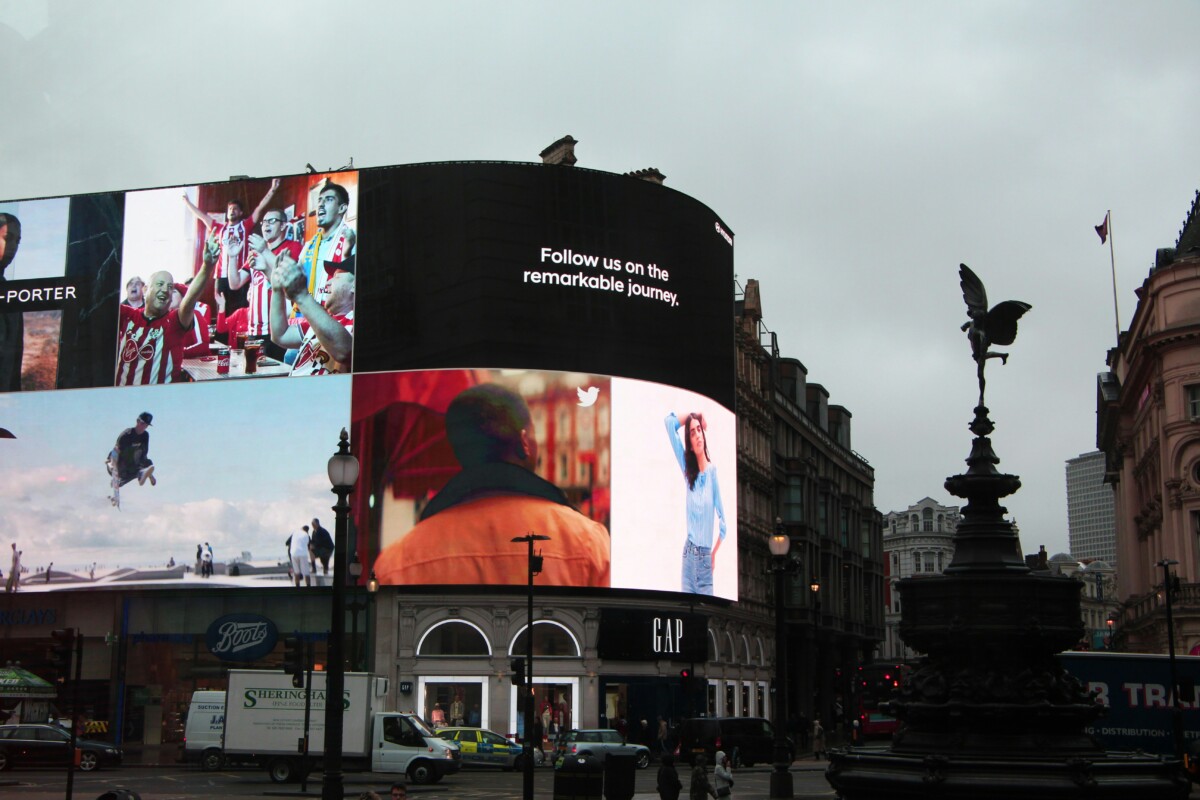A Closer Look at PR: Are the Days of Deception Over?
Listen to the full podcast episode on YouTube, Spotify, and Apple Podcasts.
Aisling’s journey from the beauty industry to sustainability consultancy provides a unique perspective on the evolution of greenwashing. “I spent years working in the beauty industry… where greenwashing was rife,” Aisling recalls. This firsthand experience underscored the necessity of genuine sustainability practices, as she transitioned from traditional PR roles to becoming a vocal advocate for ethical business.
Greenwashing, a term that only entered the dictionary in 2019, refers to the practice of conveying a false impression or providing misleading information about how a company’s products are more environmentally sound. Aisling’s narrative sheds light on how greenwashing can often be a subtle and insidious challenge. For instance, she describes how beauty brands would claim, “this product hasn’t been tested on animals,” while neglecting to mention that the individual ingredients had been.
The Role of PR in Ethical Business
The conversation explores the critical role of PR in shaping and maintaining a company’s ethical stance. Aisling highlights the dual-edged nature of PR: while it can be used to mask unethical practices, it also has the power to foster transparency and trust.
“Brands don’t have anywhere to hide,”
Aisling asserts, emphasising the accountability that modern communication channels impose on companies.
Transparency is paramount. As Aisling notes, “It’s around being transparent… you have to walk this middle line. You need to have a leadership position.” This involves not only avoiding deceptive practices but actively engaging with stakeholders to build a credible narrative around sustainability.
Stakeholder Engagement and ESG
A significant portion of the discussion is dedicated to the importance of stakeholder engagement in developing effective ESG (Environmental, Social, and Governance) strategies. Aisling explains,
“It’s about mapping out who your stakeholders in your business… and how are they engaged in your business.”
This approach ensures that all voices are heard and that the company’s actions align with its ethical commitments.
Engaging stakeholders is not merely about communication; it’s about genuine interaction and feedback. Aisling elaborates, “If you listen to your customers and hear what they have to say… hearing from your customers firsthand is really key in taking it on board.” This interaction helps companies not only to identify areas of improvement but also to educate their audience about the complexities of sustainability

Addressing the Challenges of Greenwashing
One of the most compelling parts of the episode is the discussion on the practical challenges and risks associated with greenwashing. Aisling acknowledges that while some companies engage in greenwashing with malicious intent, others do so inadvertently.
“Some businesses are really trying to do the right thing and accidentally greenwash,”
she points out. This highlights the importance of continuous education and vigilance in ethical business practices.
Aisling emphasises the need for businesses to stay informed and adaptable. “Sustainability is like tech, it’s constantly moving… what you were doing yesterday is not good enough tomorrow,” she states. This dynamic nature of sustainability requires businesses to be proactive and forward-thinking.
The Future of Ethical Business
Looking ahead, Aisling is optimistic about the potential for businesses to evolve and embrace ethical practices. She highlights the role of frameworks like B Corp, which require companies to commit legally to balancing profit with purpose. “That’s why I’m such a fan of B Corp… it’s about moving your business from a shareholder model to a stakeholder model,” Aisling explains.
This shift is not just about compliance but about fundamentally rethinking the purpose of business. Aisling shares her belief that money can be a force for good: “We need to figure out how we all make money and participate in this economy and do good with it instead of bad.”
Personal Reflections and Advice
The episode concludes with Aisling sharing personal reflections and advice for aspiring professionals. She encourages listeners to trust their instincts and not to be afraid of change.
“Our skills are so transferable… there’s a lot more opportunity out there than you realise,”
Aisling advises. This empowerment narrative is particularly resonant, reminding us that ethical business is not just a professional endeavor but a personal journey.
In essence, this episode of “The Responsible Edge” podcast with Aisling Connaughton offers a profound exploration of the challenges and opportunities in ethical business practices. From tackling greenwashing to engaging stakeholders and embracing continuous improvement, the insights shared provide a roadmap for businesses committed to making a positive impact.
Sponsored by...
The Mark of Editorial Integrity
👉 Learn how truMRK helps organisations strengthen the credibility of their sustainability reports.
Want to be a guest on our show?
Contact Us.
The Responsible Edge Podcast
Queensgate House
48 Queen Street
Exeter
Devon
EX4 3SR
Recognition.
Subscribe Now.
Subscribe below to receive a monthly email featuring all new episodes of The Responsible Edge Podcast.
© 2025. The Responsible Edge Podcast. All rights reserved.
The Responsible Edge Podcast® is a registered trademark.
Sponsored by truMRK
© 2025. The Responsible Edge Podcast






